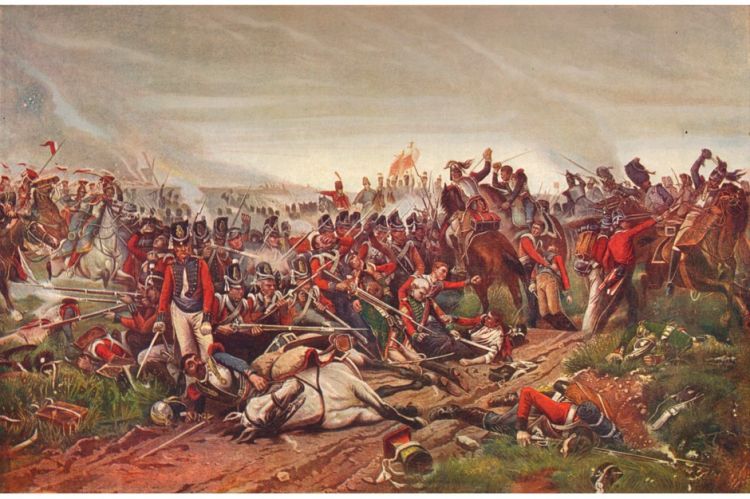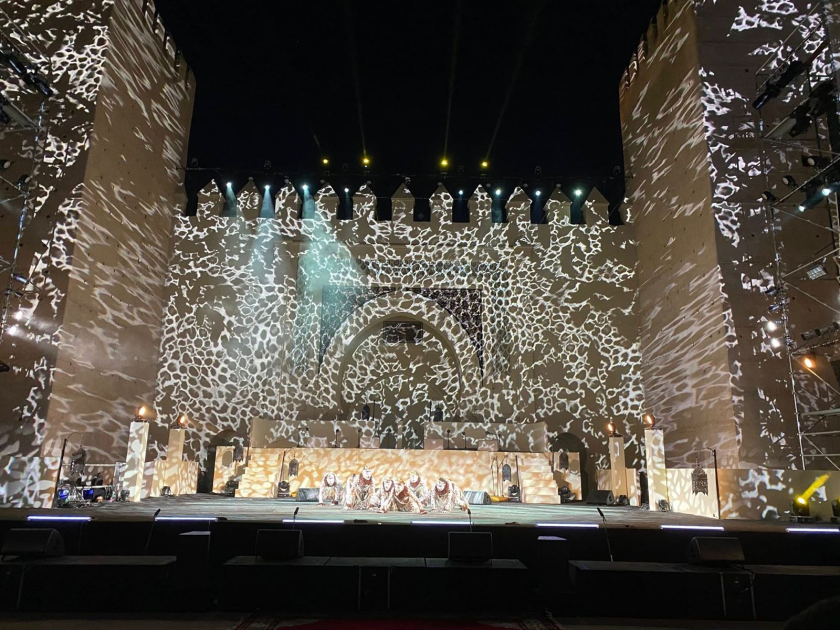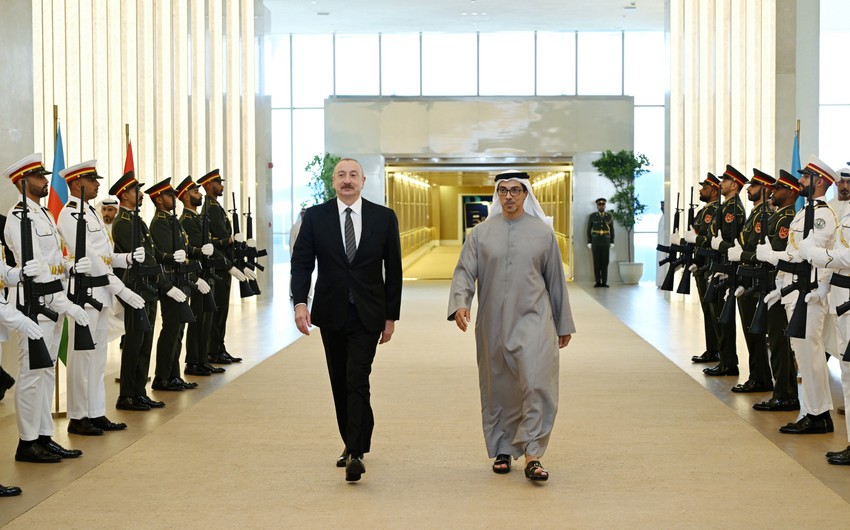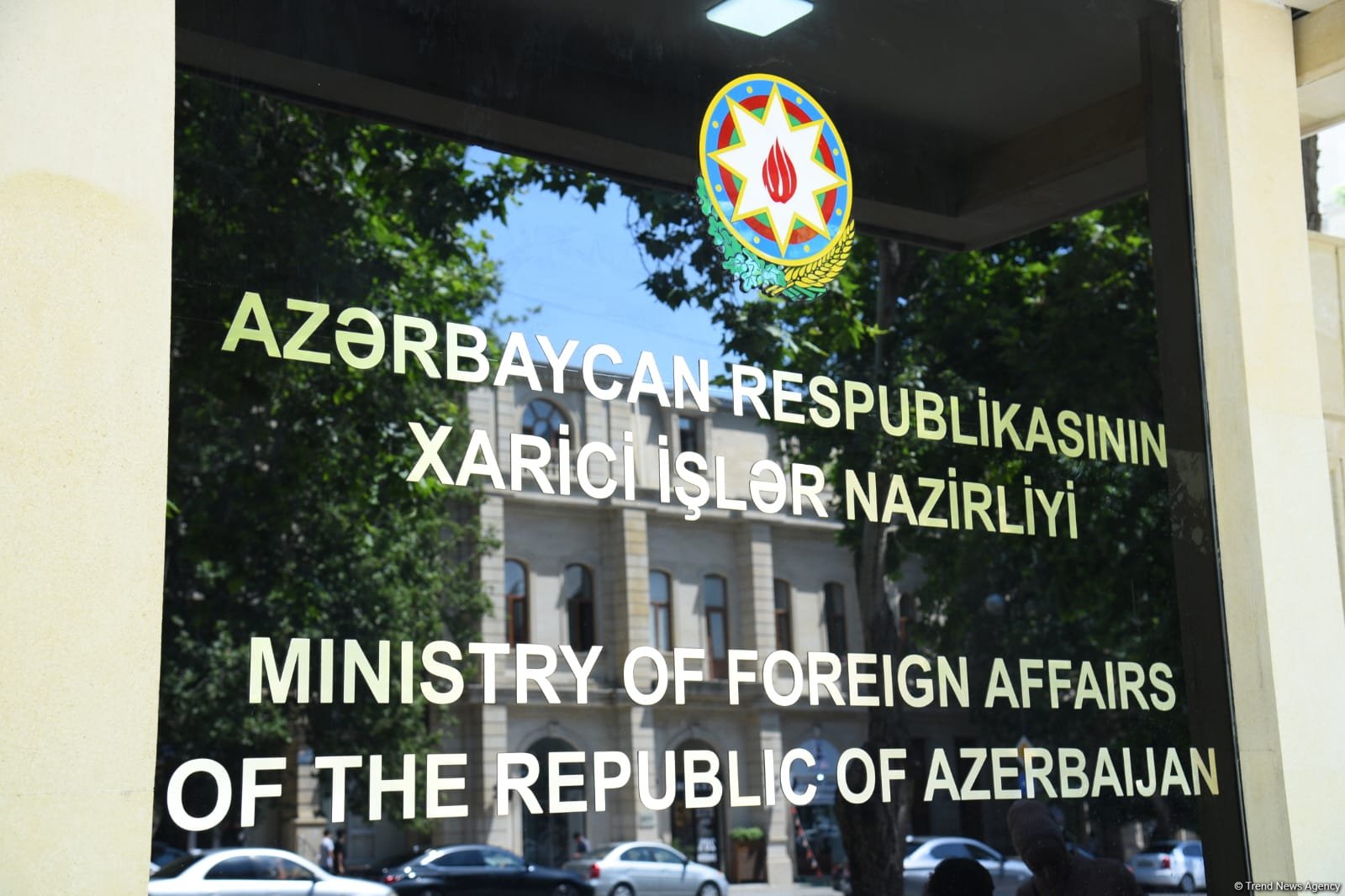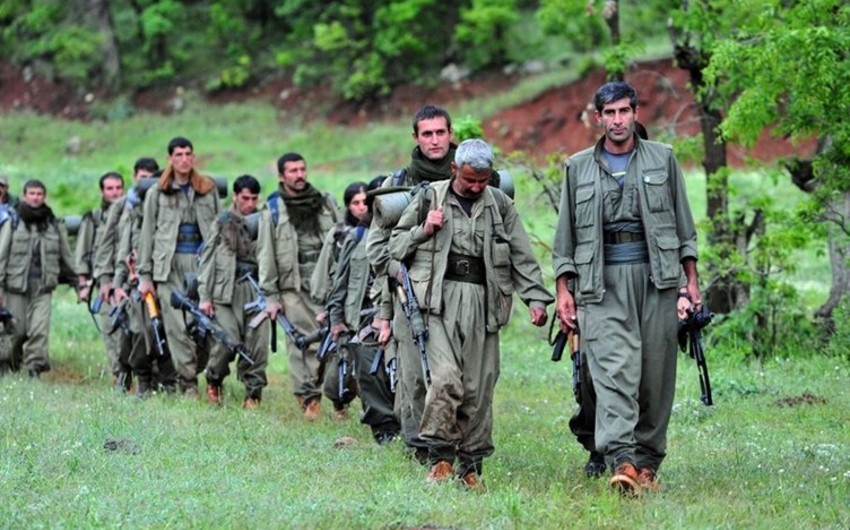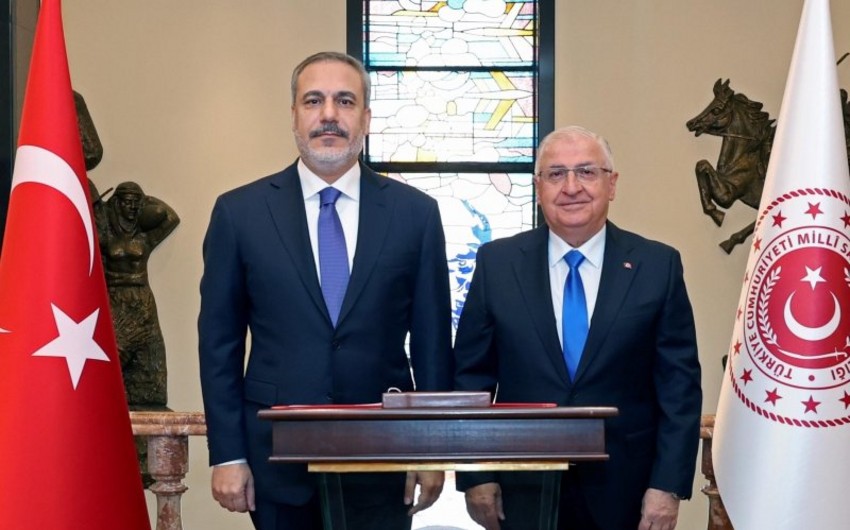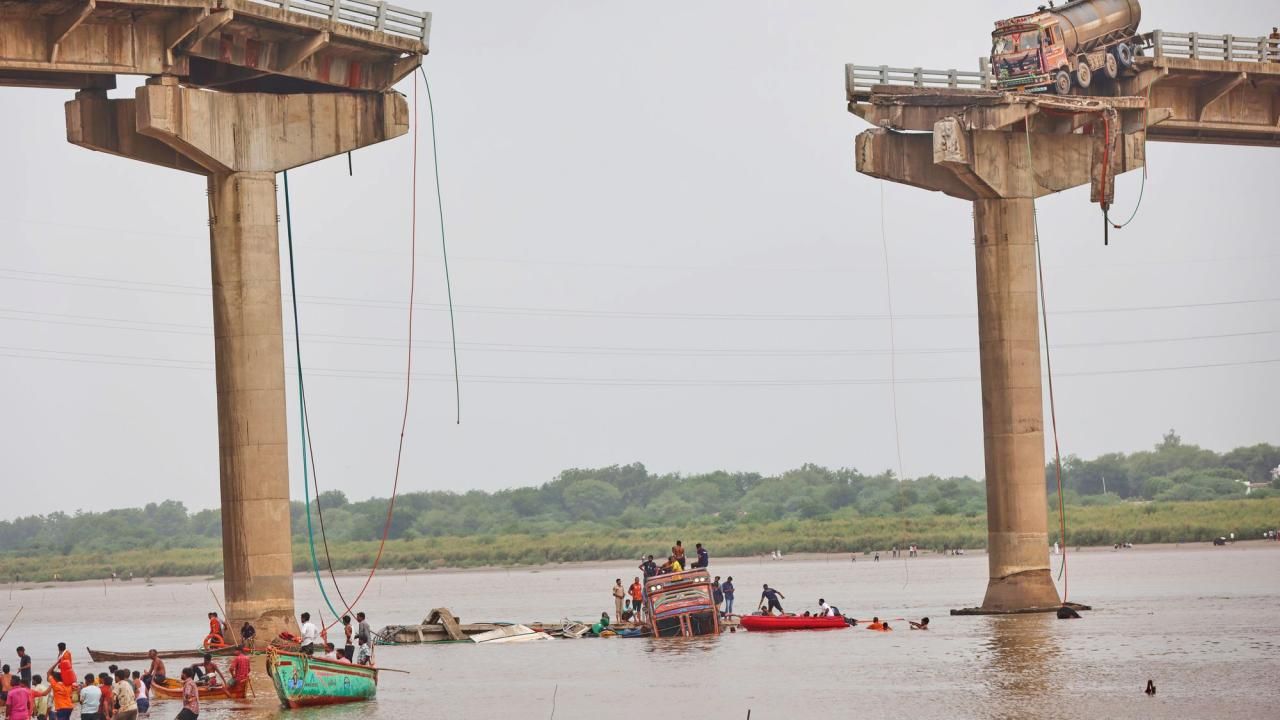Alan Forrest, professor of modern history at the University of York, considers whether the importance placed upon the battle is justified...
When they are examined with the benefit of hindsight, battles are rarely accorded the significance given to them. Few become venerated among a nation’s lieux de mémoire, or contribute to the foundation myths of modern nations. Of the battles of the Napoleonic Wars, it is arguable that Leipzig [the 1813 battle lost to the Allies by French troops under Napoleon] has its place in the rise of German nationalism, even if its real importance was greatly exaggerated and mythologized by 19th-century cultural nationalists. In Pierre Nora’s magisterial study of France, only Bouvines, in 1214 [which ended the 1202–14 Anglo-French War], makes the cut. Waterloo, unsurprisingly, does not figure.
.jpg)
Where Waterloo did play a greater role was in determining the outcome of the peace negotiations that followed; negotiations that were far tougher for the defeated French than those the previous year after Napoleon’s first abdication. Further territory changed hands; a huge indemnity was imposed; and an army of occupation was imposed on France until that indemnity was paid.
French civilians were made well aware of the scale of Napoleon’s defeat, and of the conviction across Europe that he alone bore full responsibility for the final phase of the war. Just as important, from Britain’s point of view, was the fact that it was now present at the peace negotiations as one of the major players – a country whose army had won a land campaign against Napoleon, and hence was better placed to press for its interests to be protected in the final peace settlement.
That, for Wellington as for the British government, was probably Waterloo’s principal importance, the justification for spilling so much blood, and it contributed to the jubilation that greeted the news of Napoleon’s defeat. Poems and novels celebrated the battle; paintings recorded the scene for posterity; and across Britain and the Empire the names of Waterloo and its hero were immortalised in cities, suburbs, streets, columns, victory arches and railway stations [although Waterloo Station, which opened in 1848, was only indirectly named after the battle – it was named after Waterloo Bridge (1817), which in turn was named after the battle].
In the weeks that followed, Britons crossed the Channel to stare across the battlefield. The following year, Britons could watch military reviews or attend shows about the battle at William Bullock’s Egyptian Hall in London or in the newly fashionable panoramas that opened across the nation. The British, it appeared, could not have enough of Waterloo. They claimed it as a uniquely British victory; a victory for British arms and peculiarly British military values.
Elsewhere in Europe the jury was still out. It was not immediately hailed as a great battle or an iconic moment. There remained an uncertainty about the real significance of Waterloo that is shown by the somewhat mixed memories that it evoked in the countries that had contributed soldiers to the battle.
Of course, the Allies all praised their successful generals and gave thanks for the sacrifice of their men (the level of sacrifice at Waterloo, for a battle that was contained within a single day’s fighting, was quite extraordinarily high: this had been a bloody, bludgeoning encounter between two armies that pounded each other mercilessly for most of the day before the arrival of Blücher’s Prussians in the late afternoon swung the odds irresistibly Wellington’s way).
They named some streets and squares after the battle, and there were a few public monuments – like the Waterloo column in Hanover, or the Waterlooplein in Amsterdam, or (using the name by which Prussians knew the battle) the Belle-Alliance-Platz in Berlin. Waterloo was not forgotten. But it did not hold that central place in the national imagination that it did for 19th-century Britain.
In Holland, for instance, Waterloo was seen as a dynastic triumph for the House of Orange, which was not only restored to the throne after the Napoleonic Wars, but also enjoyed the kudos that came with the annexation of the former Spanish territories of Belgium [they stopped being Spanish-held a century earlier, in 1713]. Waterloo for the Dutch was forever associated with their prince Willem [aka William], who had led part of Wellington’s army and had been wounded, albeit fairly lightly, in the course of the day. The Lion Mound on the battlefield, erected in 1826, is Holland’s memorial to a Dutch hero.
And if Hanover, elevated to a kingdom in 1814, honoured the part played in the battle by the King’s German Legion, across Prussia Waterloo had to take its place in the more general celebration of Blücher and his role in the wars against Napoleon. But Waterloo was no more than a footnote to the battle of the Nations in 1813. It was Leipzig that continued to hold centre stage in the public’s imagination.
As we look around Europe on the Bicentenary of Waterloo, it is impossible not to be struck by the plasticity of public memory, and the degree to which, in each succeeding generation, it is made to reflect current political concerns. Wellington himself manipulated the memory of the battle, and of his own role in it, to help further his political career. By the early 20th century, with a different system of alliances across Europe, it could seem impolitic to celebrate a victory over the French too insensitively.
At the time of the centenary in 1915, the British were eager to stress the courage and gallantry of the French, who had become their allies in the struggle against Germany. Today, allies in a European Union that was created with the express aim of ensuring future peace – neither France nor Germany shows much appetite for celebrating military triumphs won at the other’s expense. Perhaps Britain, too, can now commemorate Waterloo not for the death and destruction it wreaked, but rather for the decades of peace that it heralded across Europe – peace that held for the greater part of a generation until the conflict in the Crimea in the 1850s.
Read more:

